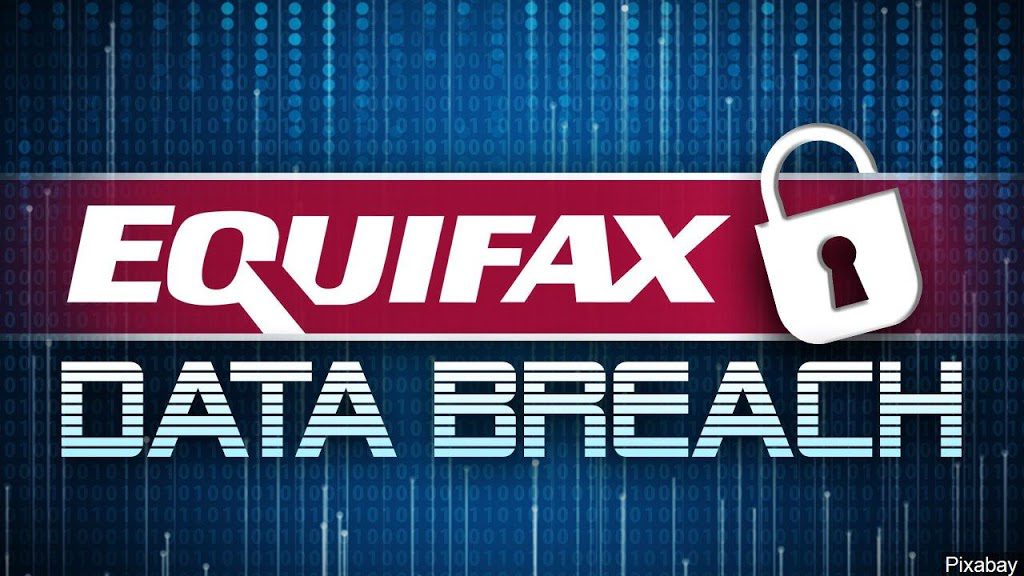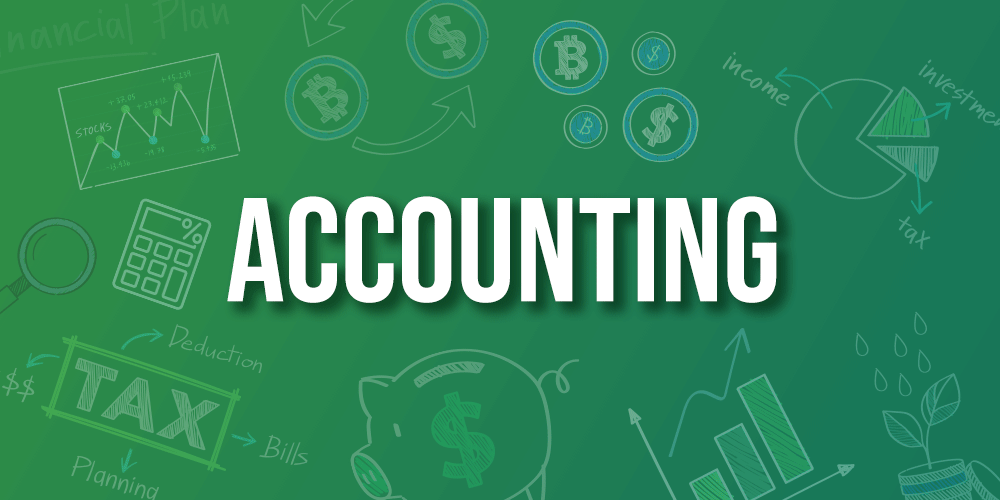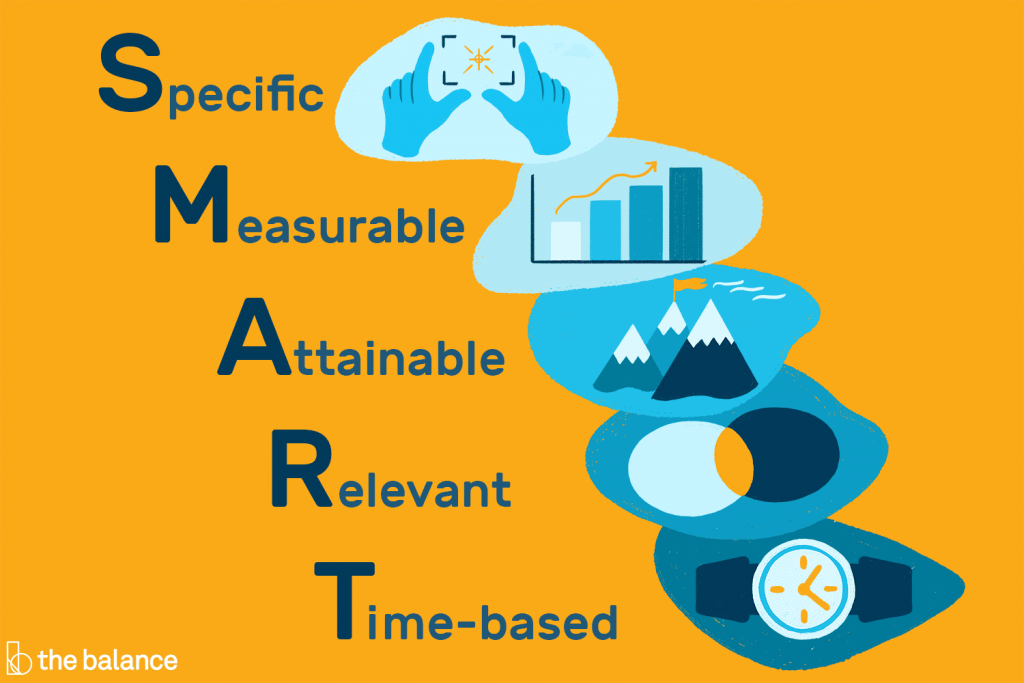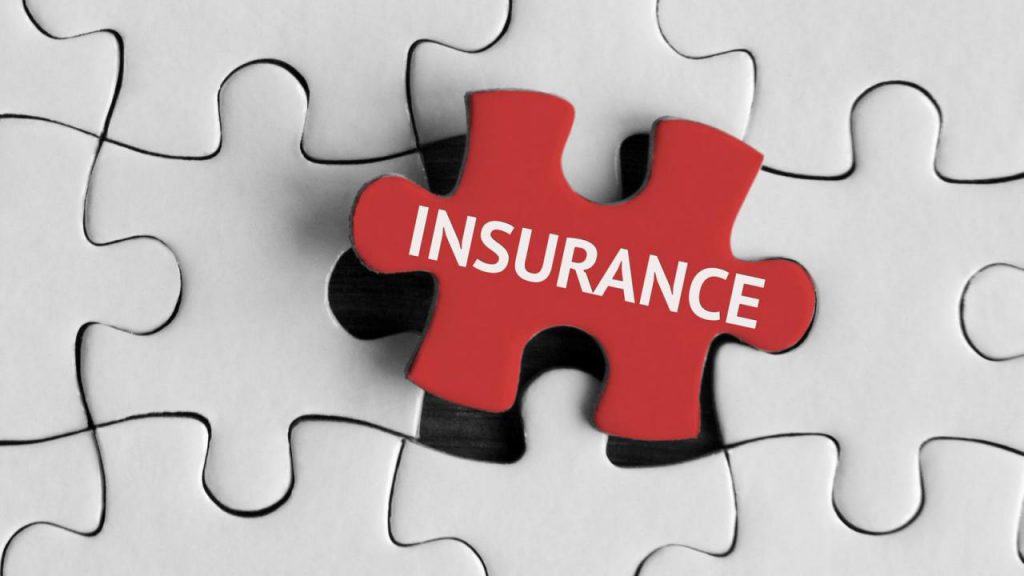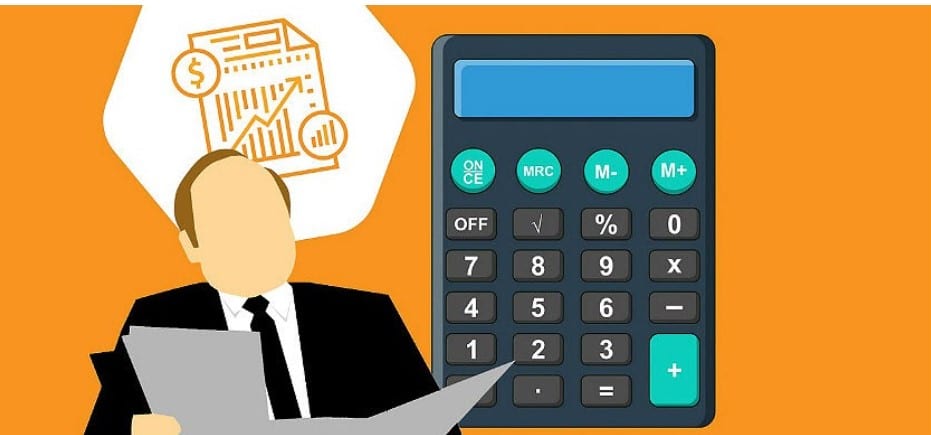
What is distributive justice? In chapter 2 of Business Ethics, read the case study named, “Three Forms of Justice”. Based on that case study, answer the following question: When people debate distributive justice today, what concerns do they raise about it?
Distributive justice refers to the fair and equitable distribution of resources, benefits, and burdens in a society. It is concerned with how goods and services are allocated among individuals and groups, and whether this allocation is just or unjust. The principles of distributive justice can vary depending on the context, but they generally involve ensuring that everyone has access to basic necessities such as food, shelter, healthcare, and education (Byars & Stanberry, 2018).
(more…)
